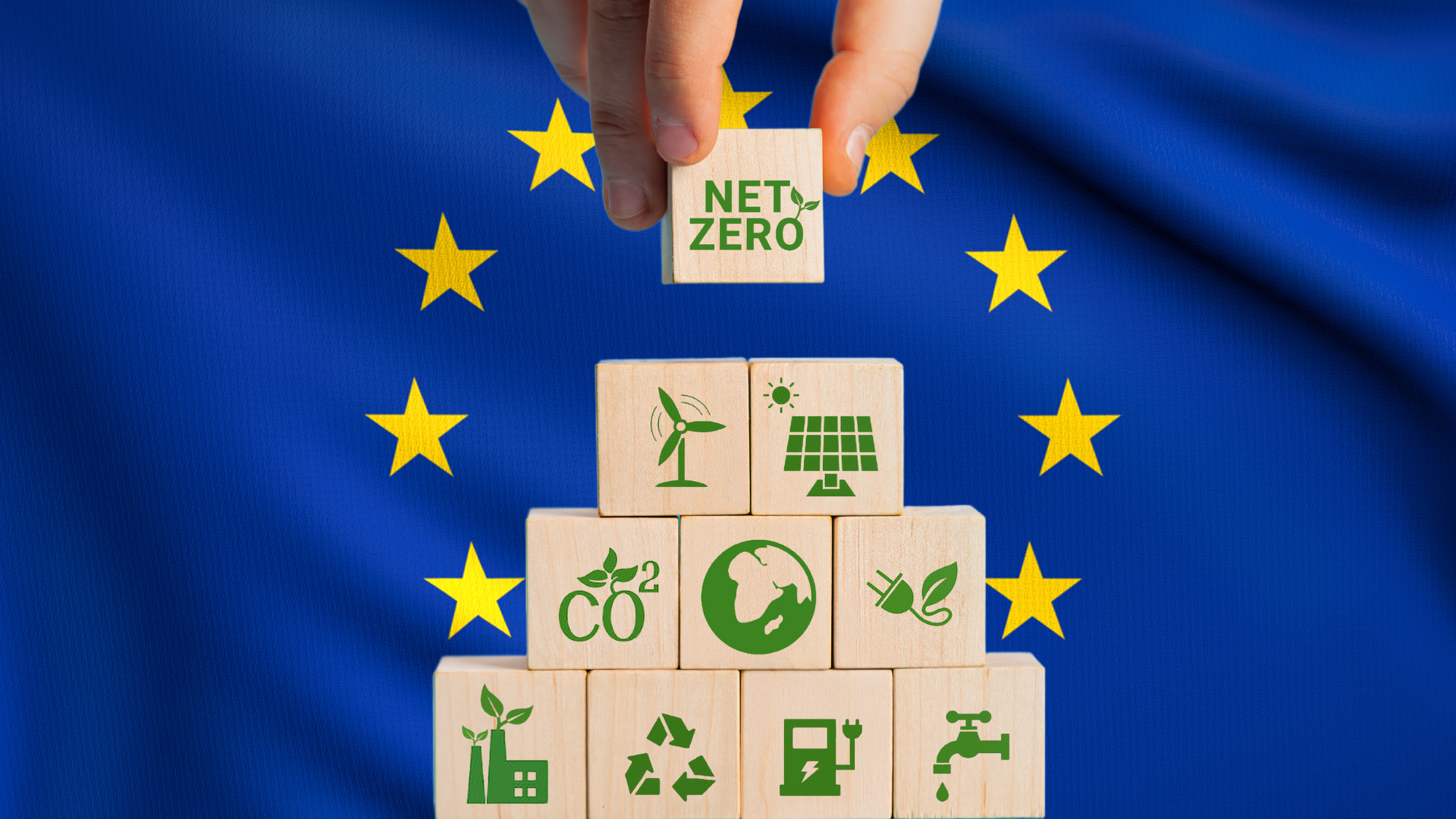
From the start of its mandate in 2019, the Von der Leyen Commission has shown strong ambitions regarding climate protection and achieving carbon neutrality. The recent geopolitical shifts have prompted even more decisive action in these fields, with the EU significantly accelerating the pace in boosting renewables, increasing energy efficiency and striving to minimise critical dependencies.
After a 2022 marked by the launch of REPowerEU, aimed at reducing reliance on Russian fossil fuels and fast-forwarding the green and digital transitions, the first part of the year was characterised by the introduction by the European Commission of the Green Deal Industrial Plan for the Net Zero Age: a direct response to the $369-billion Inflation Reduction Act promoted by US President Joe Biden which features flagships initiatives of the likes of the Net Zero Industrial Act, the reform of the Electricity Market Design and the Critical Raw Materials Act.
Now that these essential pieces of legislation have entered the European Parliament and Council negotiation phase, new measures crucial to attaining the 2030 and 2050 EU climate and energy goals have filled the EU April's political agenda. This is namely the case for three key files of the "Fit for 55 package", on which the European Parliament and Council found a final agreement after lengthy negotiations: the reform of the Emissions Trading System (ETS), the creation of a Carbon Border Adjustment Mechanism (CBAM), and the creation of a Social Climate Fund (SCF).
Under the new provisions, the EU's carbon market is set to become more ambitious as by 2030 the energy-intensive industries and power generation sectors will be required to reduce their emissions by 62% compared to 2005 levels. All sectors' free emission allowances will be phased out from 2026 onwards, and maritime transport will be included. In parallel, a second emissions trading system for buildings and road transport will be created.
Secondly, the adoption of the Carbon Border Adjustment Mechanism will endeavour to preserve the EU's competitiveness in spite of the adoption of an ambitious mechanism for carbon pricing. From 2026 onwards, the price of imports in carbon-intensive industries such as iron, steel, cement, aluminium, fertilisers, electricity and hydrogen will be readjusted to take into account the carbon price difference between the exporter country and the EU.
The last part of the package concerns the support to vulnerable households or small businesses, likely to be impacted by the higher prices induced by the second ETS on buildings and road transport. To prevent these citizens from bearing the costs of the reform, the newly created Social Climate Fund will count on a budget of 87 billion euros, coming from both the ETS revenue and Member States' funding lines.
With these key files now having reached the finish line, the Net Zero Industry Act, the reform for the Electricity Market Design and the Critical Raw Materials Act are set to retake the central stage as discussions among the co-legislators intensify. EERA has already started taking stakes in this heated debate by replying to official EU consultations, organising dedicated webinars and drafting briefs aimed at voicing the position of the clean energy research community on these critical topics.
As the legislative process unfolds, two landmark occasions to reflect on these important proposals and the issues surrounding them will also be offered by EERA. The first is the EERA Annual Strategy Meeting which this year will be hosted in Madrid on 14 and 15 June, anticipating that Spain will assume the presidency of the Council of the EU for the second semester of 2023. During this key strategic event for the EERA community, the main constituencies of the organisation will come together to discuss how current developments influence the R&I interests and must steer this year's work. This internal gathering promises to be a valuable opportunity to reflect on the legislative proposals and their implications for the organisation's mission and goals.
The second occasion will be the Annual High-Level Policy Conference scheduled to take place on 17 October in Brussels. The EERA flagship annual conference will feature dedicated sessions on demand reduction, critical raw materials and citizen engagement in the clean energy transition, all essential to speed up the transition to a cleaner, more just, and sustainable energy system.